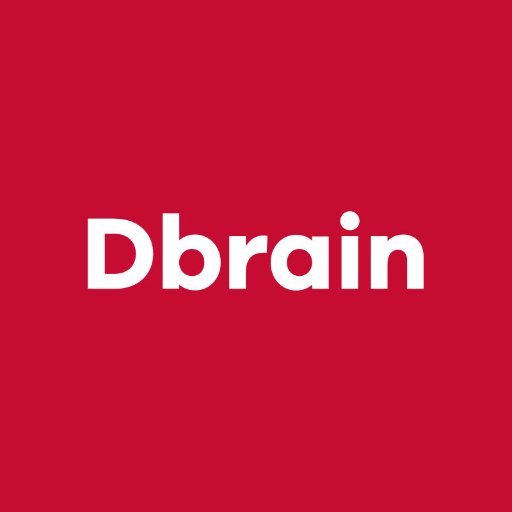
Currently, only the behemoths of the industry have the resources to develop and train an AI application. Small and medium businesses are unable to participate as the costs of both computing infrastructure and high-quality datasets needed are formidably high. While the advent of on-demand computing has made one of the barriers to entry obsolete, high-quality datasets are still out of reach for most players.
Experts believe that 80% of the factors that contribute to AI applications success depend on datasets. This means that ensuring access to high-quality labelled datasets is far more important than even developing effective initial algorithms and neural networks. But datasets are still labelled by human participants in a time-consuming manual exercise. This can set fatigue in the workers and result in human errors creeping into the dataset. However large the data set be if it is labelled wrong the AI application will generate suboptimal results.
Further, data owners take on substantial risk when sharing their datasets with third parties, and even in-house developers. With access to the same data, AI developers can replicate the intended functionality within a very short time. Labelled data, therefore, is the only defensible barrier for businesses of today - the software itself matters little.
.png)
Though an abundant crowdwork supply is available from the developing world, they are not easy to tap into. For one, how does a company ensure that work quality is up to the mark and none of the datasets will be leaked out to competitors. The other problem is how does one compensates the workers spread across the world - the payment mechanisms required to work through the multiple currencies and local regulations make it a formidable challenge.
The final issue working with crowdworkers is the lack of access to infrastructure than could allow them to perform complex tasks. This is also a problem for developers - they do not always have access to the state-of- the-art hardware to run their applications and allow everyday users to benefit from it. This is because the computational requirements of an AI application is too high for a user to have all of it run on her machine.
Dbrain has found ways to solve all of these problems. First, it allows AI developers to engage the corwdwork supply across the world and pay them in cryptocurrency. This not just takes away the pain of working with multiple payment mechanisms, but also allows the unbanked masses living in the third world participate in e-commerce economy.
To ensure the quality of work, Dbrain has developed SPOCK (Subjective Proof of Crowdwork) protocol. This protocol ensures that all work results are validated multiple times before being approved and paid for. It ensures that incentives are set in place for both workers and validators to deliver their best performance and never click on responses at random.
Further, PICARD (Protocol for indirect controlled access to repository data) ensures that the access to data is limited to the authorized parties and no data can be leaked by either the workers or the validators. This ensures that companies can reach out to the crowdworkers with confidence. Dbrain solves the last mile infrastructure issue at both the ends as well.
At the workers end, all a worker is needs to participate in Dbrain is a smartphone. She can work with a Telegram bot for the simplest tasks and does not even need a laptop. For small and medium businesses working on AI applications, Dbrain provides access to general purpose neural network on- demand via the blockchain. The companies only have to pay for computational power they use and not worry about a outlay of capital upfront.
While many still think of blockchain as synonymous with Bitcoins, companies like Dbrain are finding new and innovative use for the underlying technology. This does not just make AI application development more democratic but also brings a large population that is otherwise unbanked into the fold of modern economic systems.
https://bountyhive.io/join/Dbrain
.png)
Nice
Omo this ur stuffs are too complicated for my little brain oo.. Surely ure a genius